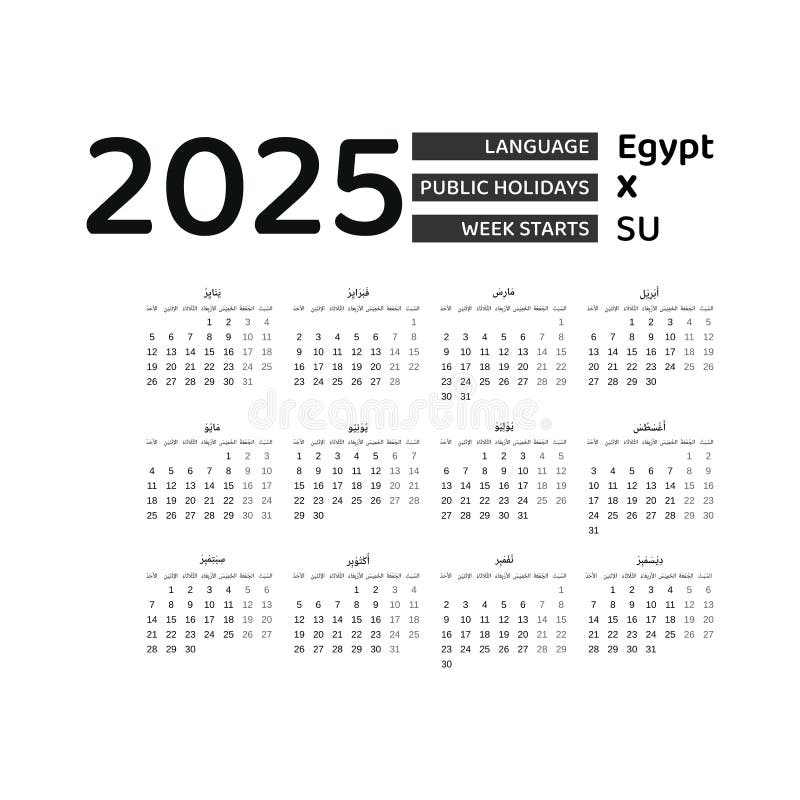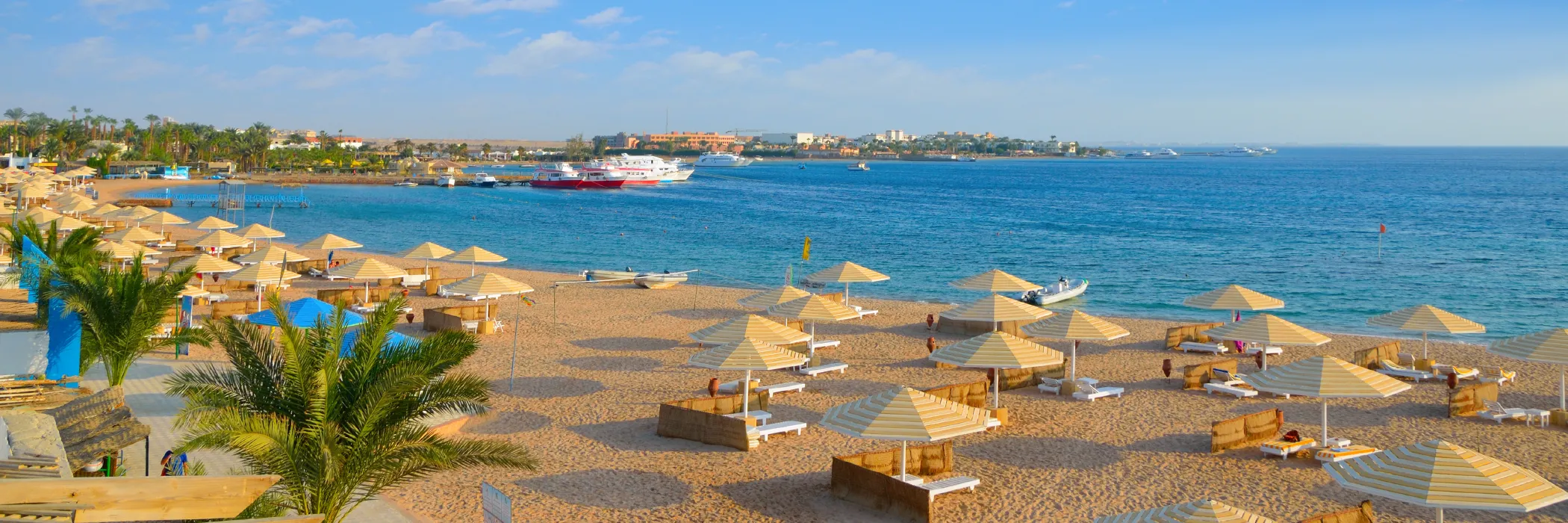Navigating Egypt’s Public Holidays in 2025: A Comprehensive Guide
Related Articles: Navigating Egypt’s Public Holidays in 2025: A Comprehensive Guide
Introduction
In this auspicious occasion, we are delighted to delve into the intriguing topic related to Navigating Egypt’s Public Holidays in 2025: A Comprehensive Guide. Let’s weave interesting information and offer fresh perspectives to the readers.
Table of Content
Navigating Egypt’s Public Holidays in 2025: A Comprehensive Guide
Egypt, a land steeped in history and culture, celebrates its national identity through a vibrant tapestry of public holidays. These days offer opportunities for reflection, celebration, and relaxation, providing a unique window into the nation’s soul. While the specific dates for some holidays may fluctuate based on the lunar calendar, the 2025 calendar provides a roadmap for navigating these significant events.
A Glimpse into Egypt’s Public Holiday Calendar:
The following is a detailed breakdown of the expected public holidays in Egypt for 2025, categorized for ease of understanding:
1. Religious Holidays:
-
Eid al-Fitr (Feast of Breaking the Fast): This three-day holiday marks the end of Ramadan, a month of fasting and spiritual reflection. It is a time for joyous celebrations, family gatherings, and the exchange of gifts. The exact dates are determined by the sighting of the new moon.
-
Eid al-Adha (Feast of Sacrifice): A four-day holiday, Eid al-Adha commemorates the willingness of Prophet Ibrahim (Abraham) to sacrifice his son as an act of obedience to God. It is a time for communal prayer, animal sacrifices, and sharing with the less fortunate. The exact dates are determined by the sighting of the new moon.
-
Ashura: This day commemorates the martyrdom of Imam Hussein, the grandson of Prophet Muhammad, and is observed with fasting and mourning. The date varies each year based on the lunar calendar.
-
Mawlid al-Nabi (Prophet Muhammad’s Birthday): This holiday celebrates the birth of Prophet Muhammad, a central figure in Islam. It is observed with religious ceremonies and celebrations. The date varies each year based on the lunar calendar.
2. National Holidays:
-
Revolution Day (January 25th): This holiday commemorates the Egyptian Revolution of 2011, a pivotal moment in the nation’s history. It symbolizes the pursuit of freedom, democracy, and social justice.
-
Sinai Liberation Day (April 25th): This holiday celebrates the liberation of the Sinai Peninsula from Israeli occupation in 1982. It is a testament to Egypt’s resilience and its commitment to peace.
-
Labour Day (May 1st): This international holiday recognizes the contributions of workers and their rights. It is observed with various events and celebrations.
-
Sham El-Nessim (Coptic Easter Monday): This ancient Egyptian holiday marks the beginning of spring and is celebrated with picnics, family gatherings, and traditional foods. The date varies each year based on the Coptic calendar.
-
Victory Day (October 6th): This holiday commemorates Egypt’s victory in the 1973 Yom Kippur War. It symbolizes the nation’s military prowess and its unwavering spirit.
-
October 24th (Anniversary of the 1973 War): This holiday commemorates the anniversary of the 1973 Yom Kippur War, a significant event in Egyptian history.
-
National Day (July 23rd): This holiday commemorates the 1952 Revolution, which led to the establishment of the Republic of Egypt. It is a day of national pride and reflection on the nation’s progress.
3. School Holidays:
-
Summer Break: Typically lasts from June to September, offering students a long period of rest and recreation.
-
Winter Break: Usually lasts for a couple of weeks in December, providing students with a break during the colder months.
-
Mid-Term Breaks: Schools often have shorter breaks during the academic year to allow for rest and rejuvenation.
Understanding the Significance of Public Holidays:
Egypt’s public holidays serve several crucial purposes:
-
Celebrating National Identity: These holidays provide a platform to celebrate Egypt’s rich history, culture, and heritage. They foster national unity and pride, reminding citizens of their shared identity.
-
Religious Observances: The numerous religious holidays allow for the faithful to observe their religious practices and rituals, strengthening their spiritual connection.
-
Economic Boost: Public holidays often stimulate economic activity, particularly in the tourism sector. They create opportunities for businesses to cater to increased demand, boosting revenue and employment.
-
Family and Social Time: Public holidays provide families and friends with opportunities to gather, relax, and strengthen their bonds. They encourage social interaction and community building.
-
Reflection and Remembrance: Some holidays serve as reminders of significant historical events, prompting reflection on the past and its impact on the present. They offer opportunities for remembrance and honoring those who contributed to the nation’s progress.
Frequently Asked Questions (FAQs):
1. Are all public holidays observed as non-working days in Egypt?
While most public holidays are observed as non-working days, there are exceptions. Certain holidays may be observed as non-working days only for specific sectors or government offices. It is always advisable to confirm the holiday status with your employer or relevant authorities.
2. What are the typical working hours during public holidays?
Generally, businesses and offices are closed on public holidays. However, some essential services, such as hospitals, pharmacies, and transportation, may operate with reduced hours.
3. Are public holidays subject to change?
While the dates for most public holidays are fixed, the dates for religious holidays, such as Eid al-Fitr and Eid al-Adha, are determined by the sighting of the new moon and can vary slightly.
4. What are the typical activities during public holidays in Egypt?
Public holidays in Egypt are often marked by family gatherings, religious ceremonies, picnics, and cultural events. Many people travel to popular tourist destinations or enjoy outdoor activities.
5. Is it advisable to travel to Egypt during public holidays?
Travelling to Egypt during public holidays can be a vibrant experience, allowing you to witness local traditions and celebrations. However, it is important to note that tourist attractions and transportation may be crowded. It is recommended to book accommodation and transportation in advance.
Tips for Enjoying Public Holidays in Egypt:
-
Plan Ahead: Research the specific dates and activities associated with each holiday to ensure you can maximize your experience.
-
Respect Local Customs: Be mindful of local customs and traditions during celebrations. Dress modestly and avoid any behavior that may be considered offensive.
-
Learn Basic Arabic Phrases: Even a few basic Arabic phrases can go a long way in enhancing your interactions with locals.
-
Stay Safe: Be aware of your surroundings and take precautions against theft and scams, especially in crowded areas.
-
Embrace the Culture: Engage with local traditions and festivities, whether it’s attending religious ceremonies or enjoying traditional cuisine.
Conclusion:
Egypt’s public holidays offer a unique window into the nation’s soul, reflecting its history, culture, and values. They provide opportunities for celebration, reflection, and relaxation, fostering national unity and strengthening social bonds. By understanding the significance of these holidays and planning ahead, visitors and residents alike can experience the vibrant tapestry of Egyptian life and create unforgettable memories.

![]()

![Public Holidays in Egypt in [year]](https://publicholidaysdates.com/wp-content/uploads/2021/12/public-holidays-Egypt.jpg)



Closure
Thus, we hope this article has provided valuable insights into Navigating Egypt’s Public Holidays in 2025: A Comprehensive Guide. We appreciate your attention to our article. See you in our next article!
